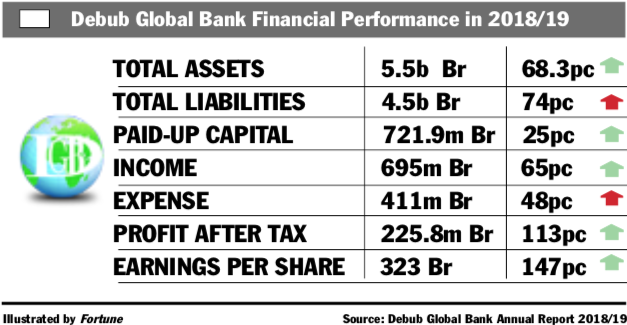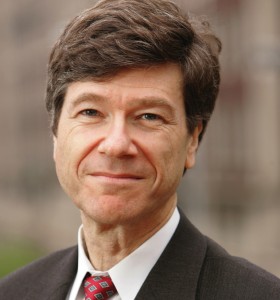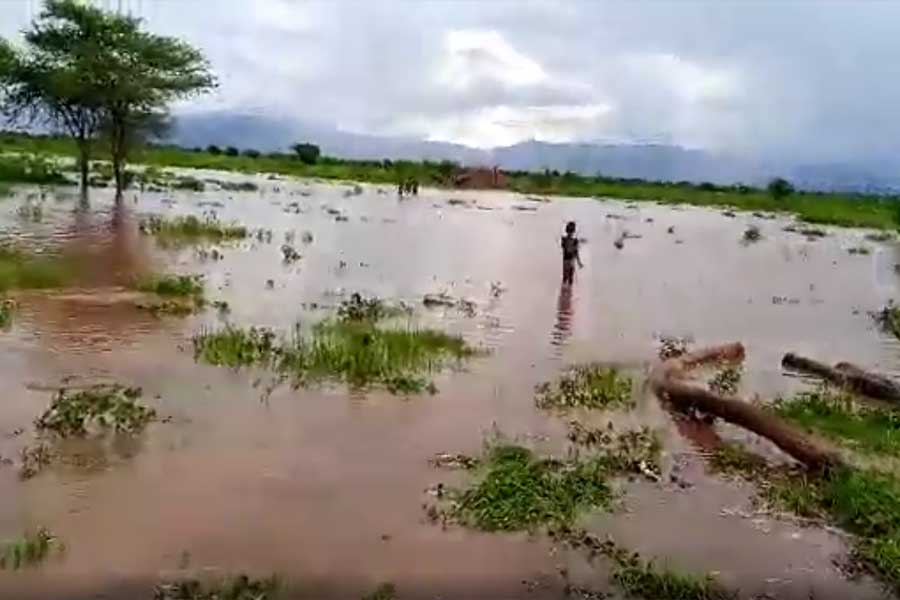
Fortune News | Jan 25,2020
Apr 10 , 2021
By Jeffrey D. Sachs
This week’s spring meetings of the International Monetary Fund (IMF) and the World Bank offer a historic chance for financial cooperation. The major economies, including the United States, the European Union, China, and other G20 countries, have already signaled their support for a new allocation of 650 billion dollars worth of the IMF’s reserve asset, special drawing rights (SDRs), to ensure that governments in low-income and middle-income countries have the means to combat the COVID-19 pandemic and start on the path of investment-led recovery. With leadership, boldness, and creativity, this global financial cooperation can help to end the pandemic.
Mass immunisation is key. Less than a year after SARS-CoV-2, the virus that causes COVID-19, was first identified and sequenced, financial backing by governments – including the US, United Kingdom, Germany, Russia, China, and India – enabled several companies to roll out safe and effective vaccines. Rich countries that quickly negotiated favorable deals with vaccine makers have received most of the doses thus far. But ending the pandemic requires that all countries achieve comprehensive vaccine coverage as soon as possible. In practical terms, the target should be no later than the end of 2022.
Such an unprecedented global undertaking requires strong cooperation, including financial support. Yet the urgency should be clear to all. As long as COVID-19 persists at high rates of transmission anywhere in the world, the pandemic will continue to disrupt global production, trade, and travel, and will also give rise to viral mutations that threaten to undermine previously acquired immunity from past infections and vaccinations. Still worse, on the current trajectory, COVID-19 could well become endemic in many regions of the world, imposing high health and economic costs for years to come. As US Treasury Secretary Janet Yellen emphasised this week, all countries, therefore, share a strong interest in ending the pandemic everywhere.
The world’s governments established the Access to COVID-19 Tools Accelerator (ACT-A), which includes the COVID-19 Vaccine Global Access (COVAX) facility, the vaccine pillar of ACT-A, to ensure universal control of SARS-CoV-2. But while ACT-A and COVAX have established global plans for vaccines, tests, and treatments, the plans need urgently to be strengthened for two closely related reasons.
First, the operational target currently used by COVAX – a minimum of 27pc of all eligible countries’ population immunized by the end of this year – must be raised to vaccination of all adults by the end of 2022. This is necessary to end the pandemic and to reduce the chances of new mutations.
Second, planning until the end of 2022 is urgently needed, given the lead times for scaling up the production and supply chains of vaccines and other crucial commodities. Yet ACT-A and COVAX remain underfunded even for 2021: the 11 billion dollars governments have allocated to date leaves a financing gap of 22 billion dollars for this year – a shortfall that has thus far delayed necessary planning through the end of 2022. In the meantime, the current vaccine shortfall is leading countries to scramble to jump the queue, including by paying premium prices. This underscores the urgent need to ensure that all countries, including the poorest, can achieve comprehensive vaccine coverage in a fair and timely manner.
The additional sums needed to ensure universal vaccine coverage by the end of 2022, and other COVID-19 supplies, are modest – perhaps 50 billion dollars for ACT-A. That is a negligible amount relative to the enormous global benefits of ending the pandemic and the massive pandemic-related spending by governments of high-income countries around the world. The US government alone has spent roughly five trillion dollars in emergency outlays between March 2020 and March 2021.
To do its job, ACT-A (including COVAX) needs front-loaded funding to cover vaccine needs through 2022. Given that scaling up the production of vaccines (and some other commodities) requires a lead time of 6-12 months, the 50 billion dollars should be guaranteed within the coming weeks, so that ACT-A and COVAX can work with manufacturers to ensure the necessary supplies. The IMF’s allocation of new SDRs offers a unique – and perhaps the only – opportunity to get this funding in hand.
When the new SDRs are issued, around 20 billion dollars of new reserves will go directly to the poorest countries. In addition, around 100 billion dollars or more that is allocated to rich countries will be recycled to the IMF to be used for long-term, low-interest loans. IMF Managing Director Kristalina Georgieva has been working closely and creatively with G20 governments to design this novel, promising approach. One excellent idea is to use the SDRs to bolster the IMF’s Poverty Reduction and Growth Trust (PRGT), the Fund’s financing window for poor countries.
There is an important precedent here. In 2015, the IMF created a Catastrophe and Containment Relief Fund to help provide emergency Ebola-control financing to Guinea, Liberia, and Sierra Leone. This time, the PRGT financing could be made conditional on its use for ACT-A and COVAX-related procurements and for other COVID-19 control measures that the borrowing government documents to the IMF (such as reimbursements for COVID-19 vaccines that have been contracted by the member state outside COVAX).
ACT-A is now preparing estimates of the financing that the world’s 92 low- and middle-income countries eligible for COVAX support will need for vaccines, testing, therapeutics, and other supplies until the end of 2022. Based on the estimated financing needs, an ACT-A financial plan can be established for each country, to be supported by the SDRs and the expanded PRGT funds.
In the next few weeks, a rational plan to finance all countries’ COVID-19 balance-of-payments needs until the end of 2022 should emerge. The IMF was created to handle such a balance-of-payments emergency. Access to IMF financing will protect the well-being and macroeconomic stability of individual countries and the world as a whole. We must seize this critical opportunity for the United Nations, the IMF, and key governments – including the US, China, Russia, the EU, Japan, the UK, and others – to cooperate effectively for the sake of humanity.
PUBLISHED ON
Apr 10,2021 [ VOL
22 , NO
1093]


Covid-19 | May 31,2020

Commentaries | Mar 11,2023

Fortune News | Dec 11,2021

Radar | Jan 07,2022

Radar | May 16,2020

Photo Gallery | 176525 Views | May 06,2019

Photo Gallery | 166738 Views | Apr 26,2019

Photo Gallery | 157268 Views | Oct 06,2021

My Opinion | 136918 Views | Aug 14,2021

Dec 22 , 2024 . By TIZITA SHEWAFERAW
Charged with transforming colossal state-owned enterprises into modern and competitiv...

Aug 18 , 2024 . By AKSAH ITALO
Although predictable Yonas Zerihun's job in the ride-hailing service is not immune to...

Jul 28 , 2024 . By TIZITA SHEWAFERAW
Unhabitual, perhaps too many, Samuel Gebreyohannes, 38, used to occasionally enjoy a couple of beers at breakfast. However, he recently swit...

Jul 13 , 2024 . By AKSAH ITALO
Investors who rely on tractors, trucks, and field vehicles for commuting, transporting commodities, and f...

Oct 18 , 2025
The political establishment, notably the ruling party and its top brass, has become p...

Oct 11 , 2025
Ladislas Farago, a roving Associated Press (AP) correspondent, arrived in Ethiopia in...

Oct 4 , 2025
Eyob Tekalegn (PhD) had been in the Governor's chair for only weeks when, on Septembe...

Sep 27 , 2025
Four years into an experiment with “shock therapy” in education, the national moo...

Oct 18 , 2025 . By NAHOM AYELE
In a sweeping reform that upends nearly a decade of uniform health insurance contribu...

A bill that could transform the nutritional state sits in a limbo, even as the countr...

Oct 18 , 2025 . By SURAFEL MULUGETA
A long-planned directive to curb carbon emissions from fossil-fuel-powered vehicles h...

Oct 18 , 2025 . By BEZAWIT HULUAGER
Transaction advisors working with companies that hold over a quarter of a billion Bir...